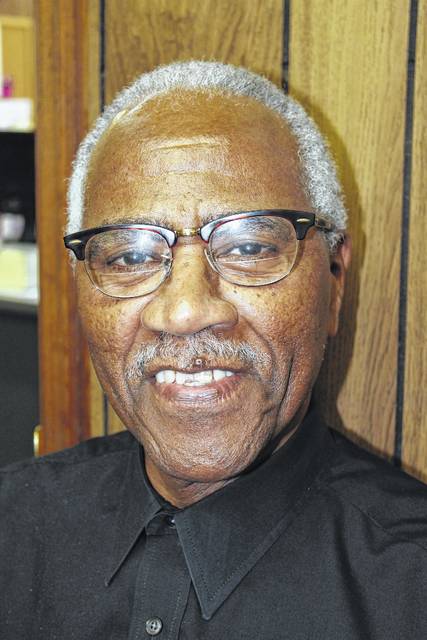As the nation and the American people continue to celebrate 2019 as the year that marks the 400th anniversary of the “first documented arrival of Africans to America,” we know black Americans have contributed to the economic, educational, social, cultural and moral well-being of this nation.
In telling the story of America, we will undoubtedly include the many individuals and organizations that have endeavored tirelessly to make America a more perfect union, working to “dismantle the institutional systems that have hindered African American progress.”
Today, the National Association for the Advancement of Colored People (NAACP) remains the strongest national voice in the fight for equality on every front. That fight for equality took on a new urgency in the first decade of the 20th century at a time when black Americans were at the nadir in American society and were a “rejected despised people” according to Professor Edgar A. Toppin, author of “The Black American in United States History.”
It was during this time that an interracial group of progressive Americans called for a national conference to focus the nation’s attention on the need to extend to all Americans the freedoms guaranteed under the Constitution. This meeting, on the centennial of the birth of Abraham Lincoln, Feb. 12, 1909, in New York City led to the founding of the NAACP.
It was the NAACP, acting as an advocate on every front, that led the way in the assault against bigotry and injustice, exposing the eroding and oppressive effects of prejudice and Jim Crow, while opening doors in the process.
In the field of education, the NAACP has earned its reputation in the fight to provide educational opportunities for all students, helping to meet the conditions all students need for success. Undoubtedly, as the legendary civil rights leader and chief counsel of the NAACP”s Legal Defense and Education Fund from 1938 to 1961, Thurgood Marshall did more than anyone else in the cause for justice, changing the face of America.
During his work as chief counsel for the NAACP, Thurgood Marshall’s greatest victory came on May 17, 1954 with the Brown vs. Board of Education of Topeka Supreme Court ruling. In the Brown decision, the Supreme Court ruled that state laws requiring public schools to be segregated by race were unconstitutional. Part of Marshall’s argument was “slavery is perpetuated” by state laws requiring classrooms to be segregated.
Thurgood Marshall will forever be associated with that May 17, 1954, historic day on which the Warren Court handed down its unanimous ruling, citing the harmful effects of segregation on the hearts and minds of black students. Furthermore, this historic Supreme Court ruling did Much to help bring about the legal demise of Jim Crow, leading us on the way to ending government sanctioned segregation.
So, as the nation remembers the 400th Anniversary of Black History in America, we have a lot to celebrate, putting names to the many people and organizations that have changed the face of America forever.

